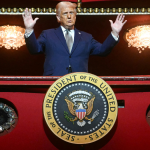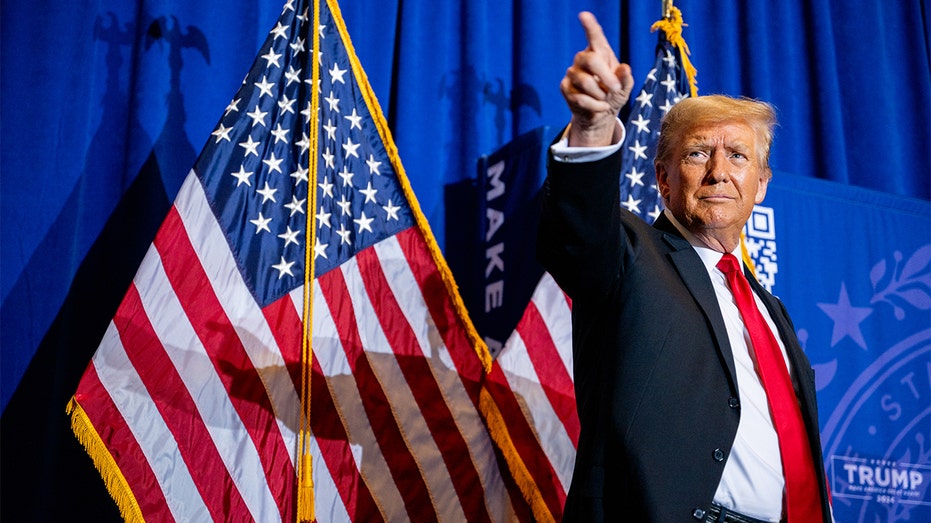The U.S. Supreme Court sided unanimously with former President Trump in his challenge to the state of Colorado’s attempt to kick him off the 2024 primary ballot.
The high court ruled in favor of Trump’s arguments in the case, which will impact the status of efforts in several other states to remove the likely GOP nominee from their respective ballots.
The court considered for the first time the meaning and reach of Article 3 of the 14th Amendment, which bars former officeholders who “engaged in insurrection” from holding public office again. Challenges have been filed to remove Trump from the 2024 ballot in over 30 states.
“We conclude that States may disqualify persons holding or attempting to hold state office. But States have no power under the Constitution to enforce Section 3 with respect to federal offices, especially the Presidency,” the Court wrote.
READ THE RULING BELOW. APP USERS: CLICK HERE.
TRUMP REACTS TO SUPREME COURT ORAL ARGUMENTS: ‘GOOD NEWS IS WE’RE LEADING VIRTUALLY EVERY POLL’
The state of Colorado had argued that because they determined Trump’s behavior related to 2020 election interference – culminating with the Jan. 6 Capitol riots – amounted to an “insurrection,” he should be removed from the state’s ballot.
In more than two hours of spirited, often tense arguments last month, the nine justices asked tough questions of both sides about whether the president or a presidential candidate is exempt from the constitutional provision adopted after the Civil War.
Justice Brett Kavanaugh spoke for colleagues when saying they were confronting “difficult questions.”
“When you look at Section 3, the term insurrection jumps out,” Kavanaugh said. “And the questions are, what does that mean? How do you define it? Who decides? Who decides whether someone engaged in it?”
Kavanaugh noted the courts looked at these questions in an 1869 decision, known as “Griffin’s case,” which found that an act of Congress was necessary to enforce the 14th Amendment’s ban on insurrectionists holding federal office.
SUPREME COURT TO HEAR TRUMP BALLOT REMOVAL CASE OUT OF COLORADO
“These are difficult questions, and you look right at Section 5 of the 14th Amendmentm … and that tells you Congress has the primary role here,” Kavanaugh said. “I think what’s different is the processes, the definition, who decides questions really jump out at you when you look at Section 3.”
Chief Justice John Roberts questioned Colorado’s attorney Jason Murray about the “consequences” of the state’s position.
TRUMP HOLDS LARGE LEAD OVER HALEY 4 DAYS FROM SOUTH CAROLINA GOP PRESIDENTIAL PRIMARY
“What do you do with consequences of your position? There will be disqualification proceedings on the other side, and some will succeed in very quick order, I would expect that a goodly number of states will say whoever the Democrat is, you’re off the ballot,” he said. “It would then come down to a small number of states deciding the election. That’s a pretty severe consequence.”
Justice Samuel Alito pressed Murray to “grapple” with “what some people have seen as the consequences of the argument that you’re advancing, which is that there will be conflicts in decisions among the states.”
“The different states will disqualify different candidates. But I’m not getting a whole lot of help from you about how this would not be an unmanageable situation,” Alito said.
























